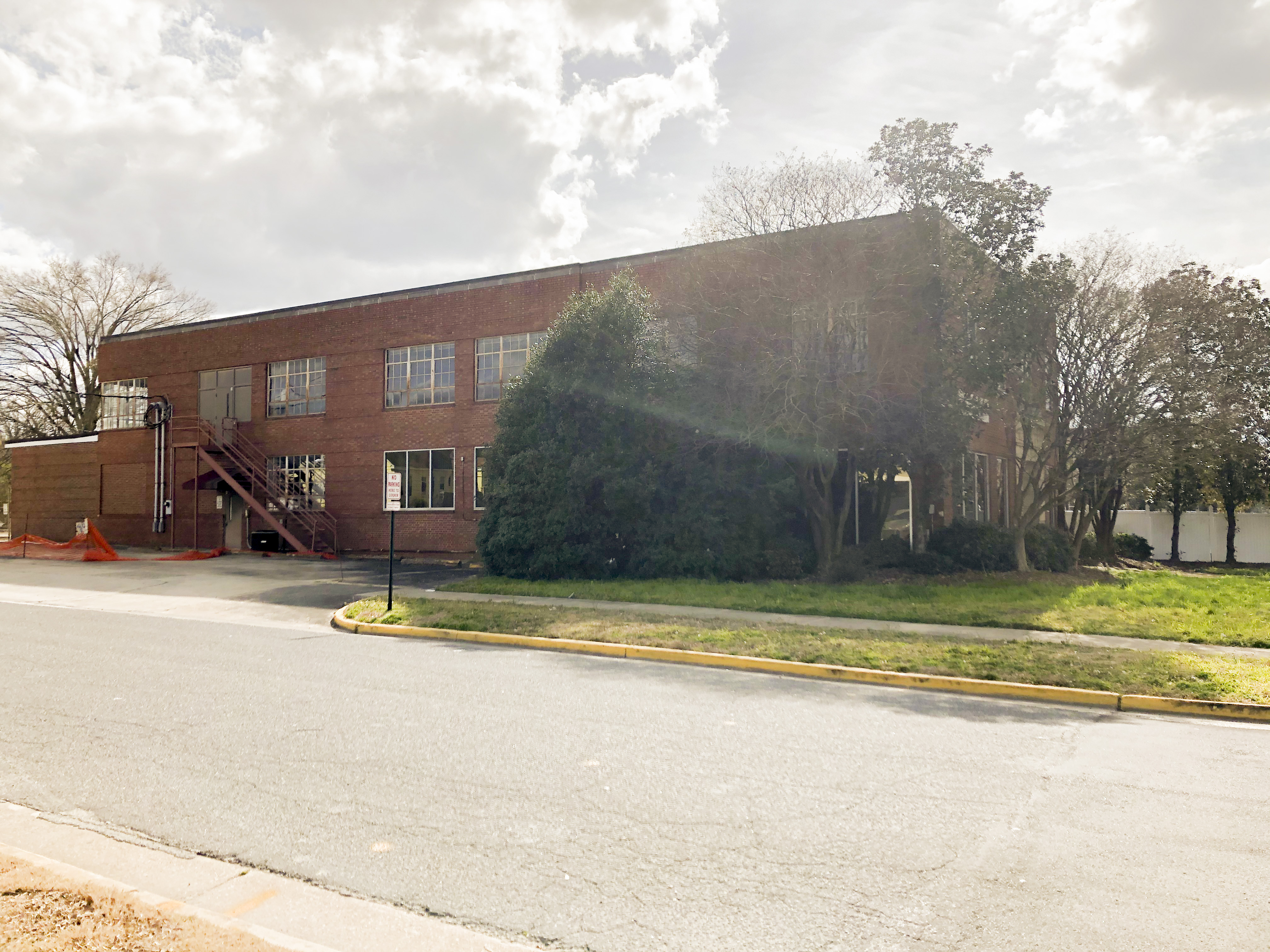There have been a number of questions surrounding the recent sale and The Johnsonian reached out to Winthrop’s board of trustees Chairman Glenn McCall for answers. A response was received from Winthrop’s Director of Internal Audit and Compliance Caroline Overcash and she provided extensive details on the history and nature of the sale via email.
Overcash said that the property, which is located at 520 Cherry Rd., was purchased by the university in 2003. For a time, the “space was used by our Facilities Management Department” according to Overcash. The City of Rock Hill eventually sold the operations center for their facilities to Winthrop and the university’s facilities operations were moved to that location, near Courtyard.
“Once our staff occupied the new space, the Coke Building was left unoccupied. Over the years, there have been attempts to use the property for various purposes, but none of those have been successful long-term,” Overcash said. “All buildings have both operating and maintenance costs. Without a use tied to our [u]niversity mission, the Coke Building became a cost center instead of a resource.”
Overcash said that in 2015, then-board of trustees chair Kathy Bigham “requested that the state allow us to dispose of this piece of property.” She said that the sale of “state assets is an involved process governed by independent agencies” adding that “[t]he purpose is to ensure that state assets are properly protected and the disposal process is effected through a neutral process.”
“For real property (land and buildings), Real Property Services, a division of the [South Carolina] Department of Administration, oversees the process for an purchase, long-term lease, or sale of real estate by a state agency,” Overcash said. “This agency reviews all related documents from the initial contract to all the final closing documents.”
Overcash said that the final approval of the sale of property is carried out by the State Fiscal Accountability Authority which is “composed of the state [t]reasurer, Controller, Chair of Senate Finance, Chair of House Ways and Means, and the Governor.” She said that the sale of the property was approved by the SFAA on Oct. 27, 2015 “at not less than the appraised value.”
“Once Winthrop received state approval to dispose of the Coke Building, it was listed for sale within the state system but had no offers at the appraised price, or better. At some point, it was also put out for bid. The successful bidder was at, or near, the appraised value and a contract for sale was established in 2016. That sale fell through due to zoning issues which conflicted with the potential buyer’s plans for the property,” Overcash said, adding that Lancaster Land LLC — who ultimately purchased the property — signed a contract in May 2019 with the sale being finalized on Jan. 31, 2020.
As The Johnsonian previously reported, the address that was listed for Lancaster Land LLC in documents obtained from the university through a Freedom of Information Act request listed the company as the addressee with R. Warren Norman, who is the son of U.S. Congressman Ralph Norman. The Johnsonian spoke with a number of people who expressed concern over the sale due to the fact that McCall has been involved with the Republican Party and Lancaster Land LLC has connections to a Republican politician. Overcash said that these concerns are “unfounded.”
“This process started with two [board of trustees chairs] prior to the current one. The [b]oard, not the [c]hair voted to dispose of the asset. The sale was approved by SFAA, overseen by RPS. The resolution authorizing the sale was unanimously approved by all [b]oard members. That authorization allows both the [p]resident and the [c]hair to sign any documents related to real property,” Overcash said.
Overcash said that there are steps and controls in place to “prevent any type of concern” such as the aforementioned concerns involving Republican politics.
“From the Winthrop side, we ask for permission to dispose of the property to SFAA. Once approval is given, RPS works through their vendor to find a buyer at the appraised price, or better. That offer is submitted back to RPS who communicates it to Winthrop,” Overcash said. “The two agencies and the potential buyer then work on the details of the contract for sale. RPS has to approve all documents prior to [the closing of the sale] to make sure we meet state requirements and that the price matches the contract. After the sale, all signed documents are also sent to RPS.”
Photo: Matt Thrift/ The Johnsonian




